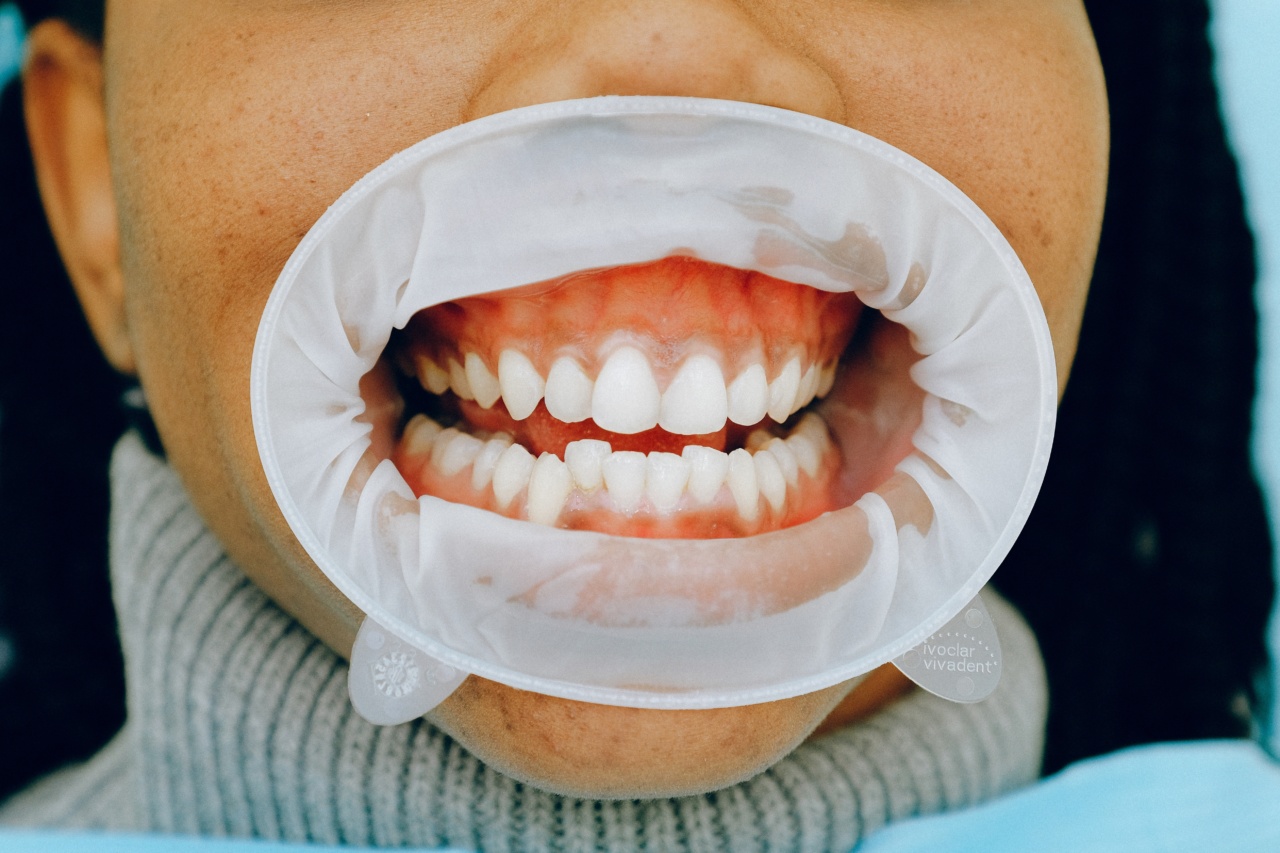When it comes to oral health, most people tend to focus on tooth decay and cavities, often neglecting the condition of their gums. However, healthy gums are crucial for maintaining good overall dental health.
One of the common signs of gum problems is gum bleeding. While occasional gum bleeding might not seem like a cause for concern, it could potentially indicate underlying health issues that should not be ignored.
In this article, we will explore ten health risks associated with gum bleeding, reminding you of the importance of taking care of your gums.
1. Gum Disease
Gum bleeding is often a sign of gum disease, also known as periodontitis. This condition occurs when bacteria and plaque build up along the gum line, leading to inflammation and infection.
If left untreated, gum disease can progress and cause irreversible damage to the gums and jawbone, leading to tooth loss.
2. Oral Infections
Bleeding gums can also be a symptom of oral infections such as abscesses or fungal infections. These infections can develop when bacteria or fungi invade the gums or other oral tissues, leading to pain, swelling, and bleeding.
Prompt treatment is necessary to prevent the infection from spreading and causing further complications.
3. Diabetes
Research has shown a strong link between gum disease and diabetes. Diabetic individuals are more prone to gum problems, and gum bleeding can indicate uncontrolled blood sugar levels.
Conversely, gum disease can also make it difficult for diabetics to control their blood glucose levels, resulting in a vicious cycle of gum problems and diabetes complications.
4. Heart Disease
Poor gum health has been associated with an increased risk of heart disease. The bacteria in the mouth can enter the bloodstream through bleeding gums and contribute to the formation of plaque in the arteries.
This can lead to atherosclerosis (hardening of the arteries) and increase the risk of heart attacks and strokes.
5. Respiratory Infections
Bleeding gums can provide a pathway for bacteria to enter the respiratory system, leading to infections such as pneumonia or bronchitis.
The bacteria that cause gum disease can travel to the lungs and cause respiratory problems, particularly in individuals with weakened immune systems.
6. Pregnancy Complications
Pregnant women with gum disease are at a higher risk of experiencing complications, such as preterm birth and low birth weight.
Gum bleeding during pregnancy should be taken seriously and addressed by a dental professional to minimize the potential risks to both the mother and the baby.
7. Nutritional Deficiencies
Gum bleeding can also be a symptom of certain nutritional deficiencies, such as vitamin C and vitamin K deficiencies. These vitamins play a crucial role in maintaining healthy gums and preventing gum bleeding.
Ensuring a balanced diet and sufficient intake of essential nutrients is key to gum health.
8. Weakened Immune System
Chronic gum disease and persistent gum bleeding can weaken the immune system, making it easier for infections to take hold and spread throughout the body.
A compromised immune system can further exacerbate gum problems and lead to a variety of health issues.
9. Arthritis
Studies have found a correlation between gum disease and rheumatoid arthritis. The inflammation caused by gum disease may contribute to the progression of arthritis or worsen its symptoms.
Proper oral hygiene and regular dental check-ups are essential for individuals suffering from arthritis.
10. Psychological Impact
Lastly, gum bleeding can have a significant psychological impact on individuals. Chronic gum problems, including bleeding gums, can affect self-esteem and self-confidence.
It may lead to social anxiety, embarrassment, and even avoidance of social situations. Addressing gum bleeding can improve both oral health and overall well-being.
In conclusion, gum bleeding should not be ignored, as it may be an indicator of various underlying health risks.
Maintaining good oral hygiene, such as regular brushing and flossing, along with visiting your dentist for check-ups and cleanings, can help prevent gum problems and mitigate these potential health risks. Remember, healthy gums contribute to a healthy smile and overall well-being.



























